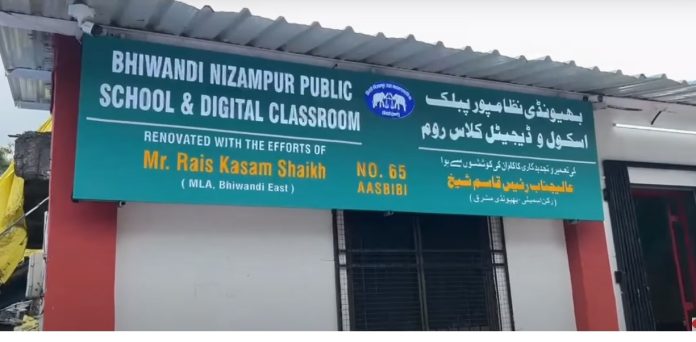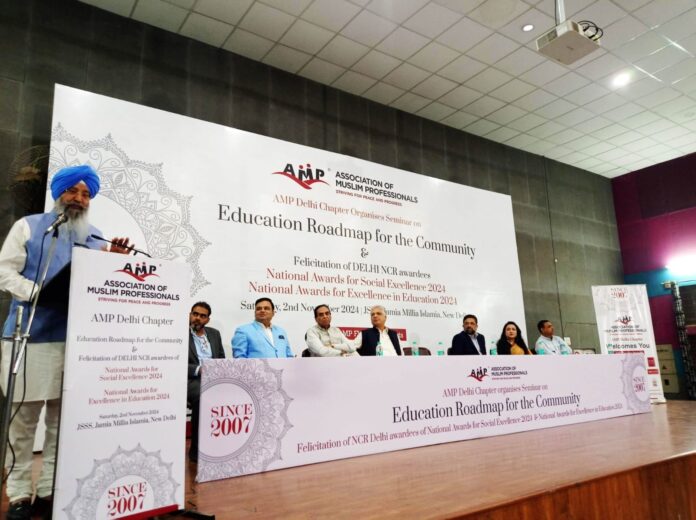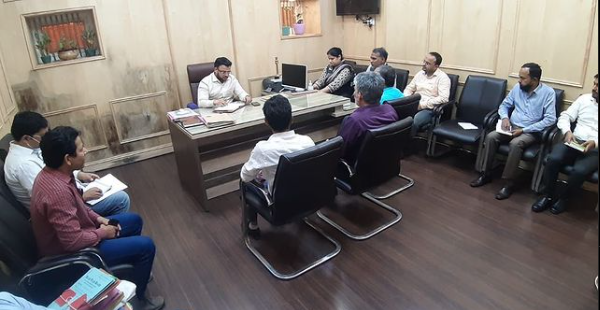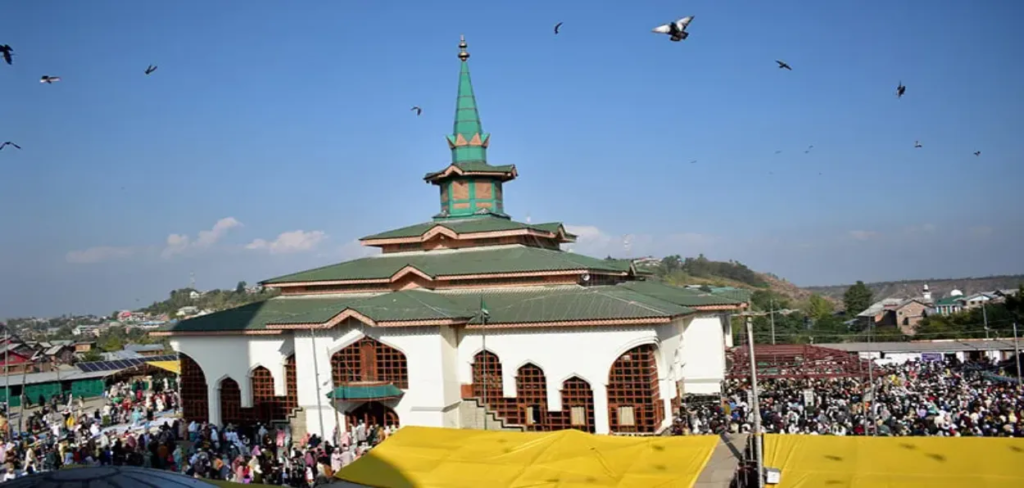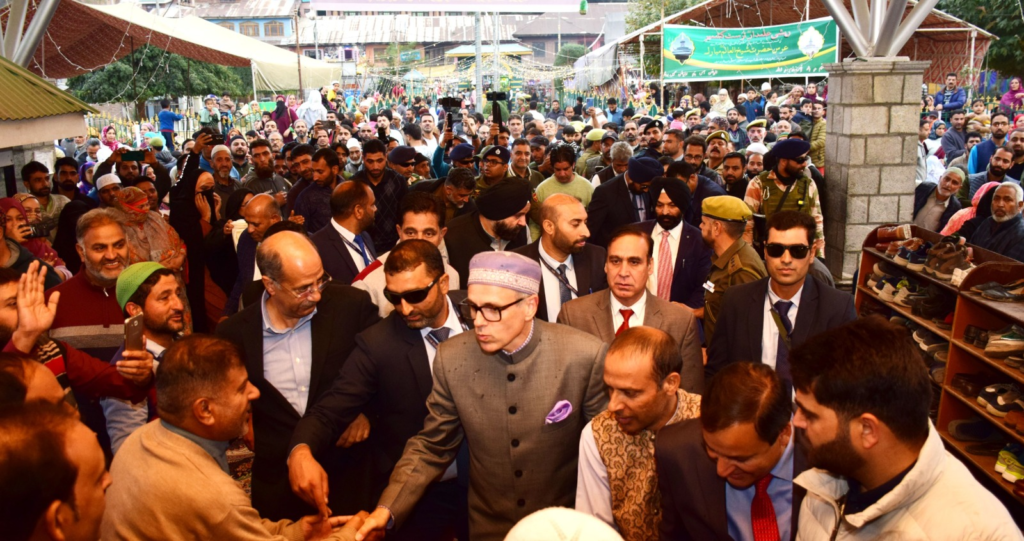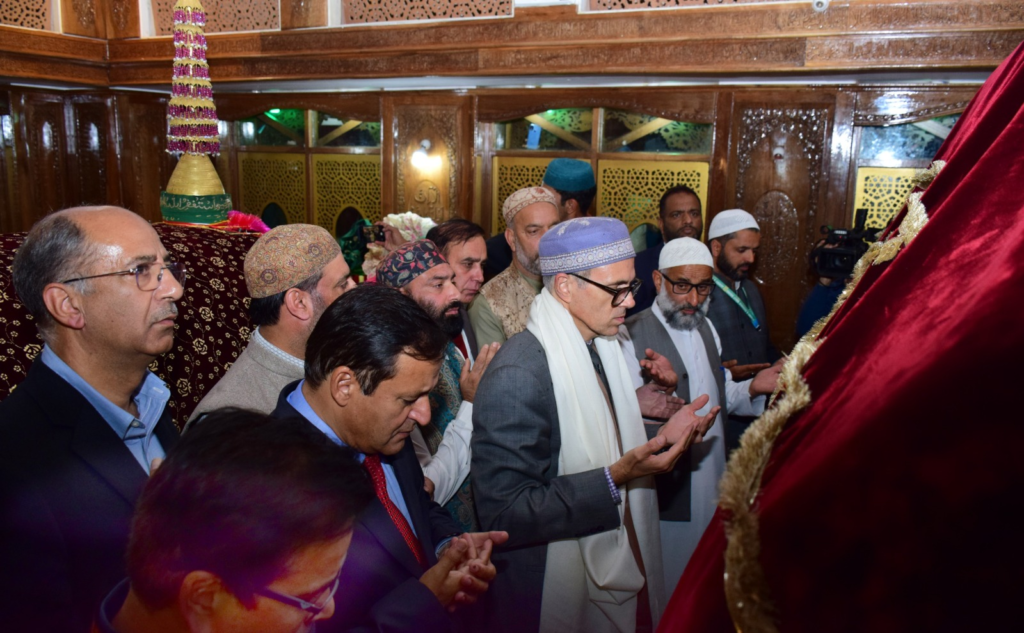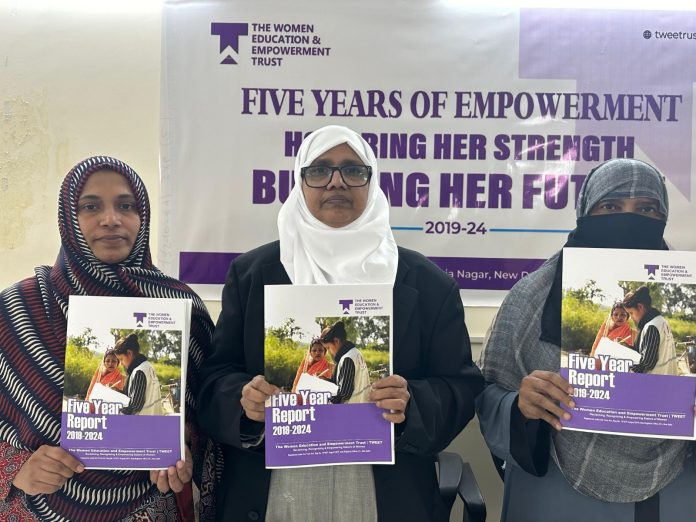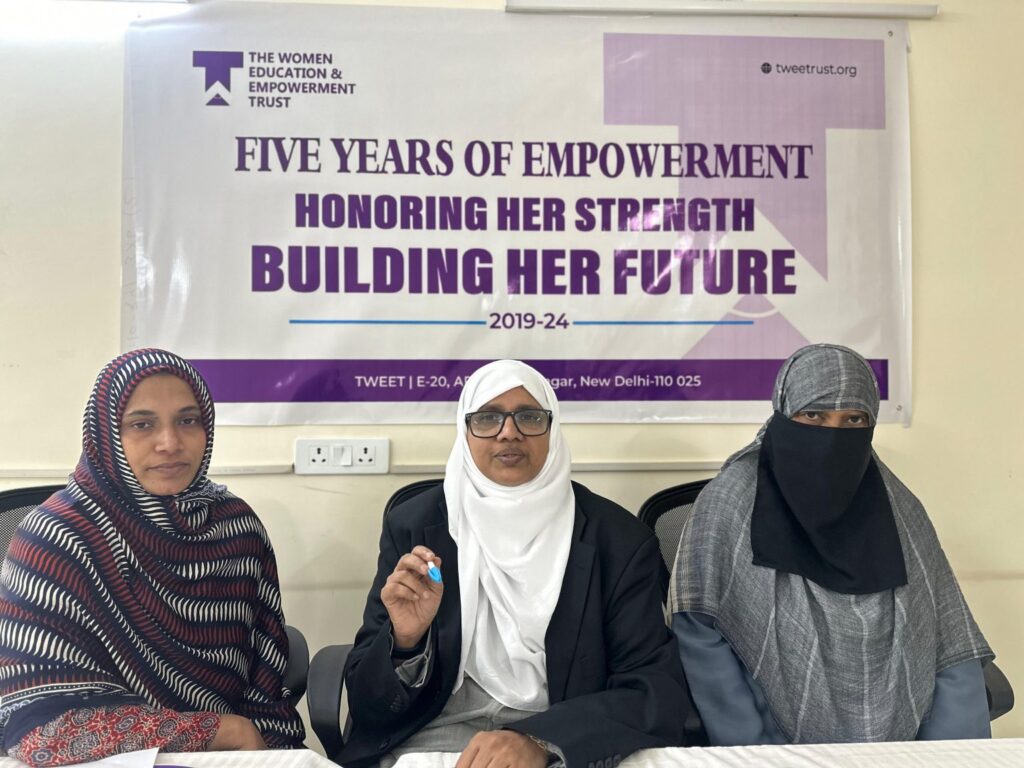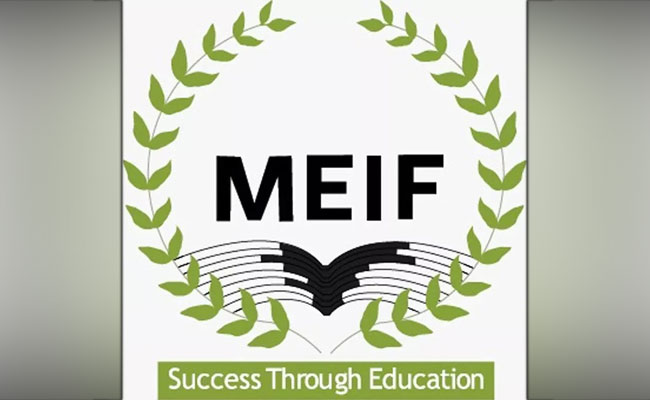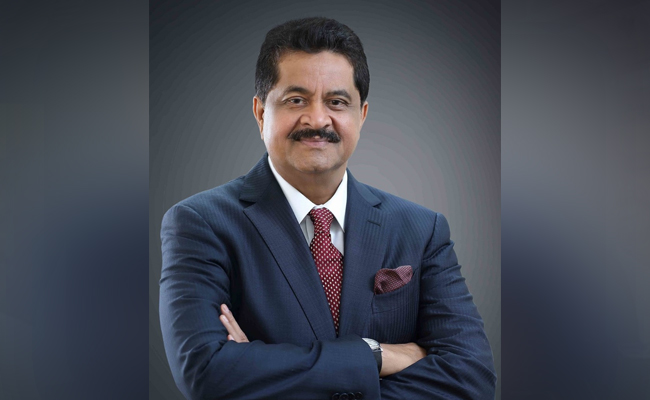Feerozpur, PUNJAB / Aligarh, UTTAR PRADESH :
In October 1919, Chaudhary Wali Mohammad joined as the Deputy Secretary in the Educational Department, Government of India.
He was also a member of the Indian Education Service and was instrumental in drafting the Bills of Aligarh Muslim University, Lucknow University, Dacca University, and Nagpur University.
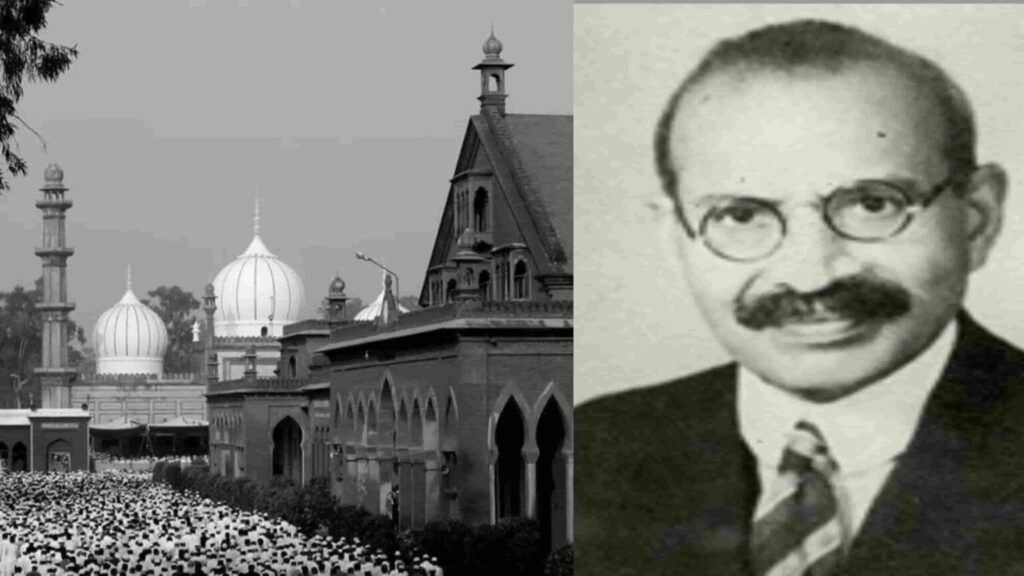
Dr. Chaudhary Wali Mohammad was born in Feerozpur Punjab, on August 18, 1886. He received his B.Sc. and M.Sc. degrees from Lahore College, Punjab. When in 1907, MAO College began science classes under the guidance of Prof. E. Harrison; he joined the College in March 1908 as one of the earliest teachers of Physics. Wali Mohammad was later sent by the MAO College Management to Cambridge England for higher studies in Physics in October 1908, for which he received the Agha Khan Scholarship. He passed Tripos in Natural Science in July 1910. He was the pupil of Noble Laureate Sir J. J. Thomson of Cambridge University. After that, he was shifted to Germany where he received his Doctorate from Gottingen University (Germany) in March 1912.
After returning back to Aligarh in 1912, he resumed his service and served as a professor and the Head of the Department of Physics from 1912-1919. He also served as the Principal of MAO College, Aligarh for a brief stint i.e. from March 1919 to May 1919.
In October 1919, he joined as the Deputy Secretary in the Educational Department, Government of India. He was also a member of the Indian Education Service and was instrumental in drafting the Bills of Aligarh Muslim University, Lucknow University, Dacca University, and Nagpur University.
In 1921, he was appointed as the first professor and the Head of the Department of Physics at Lucknow University at which position he worked till 1945. In the tumultuous phase of 1946, he was appointed the Vice-Chancellor of Osmania University, Hyderabad but he was there only for a brief period. He was also one of the members of the planning committee for the establishment of the National Physical Laboratory approved by the CSIR Governing Council in 1943.
At Aligarh, he had left a big trust for the benefit of the students of Aligarh Muslim University. He established a corpus fund at the MAO College to scholarships to promising young students for research at the best Universities and Institutes in Europe and Elsewhere within our country. At Lucknow University he also started Evelyn Wali Mohammad Gold Medal for the student topped in M.Sc. Electronic.
After partition, he migrated to London in 1948, where he worked for the cause of science education. In 1957, he established the Edith Evelyn Wali Muhammad Trust to support students in pursuing higher research in science, technology, and medicine in various British Universities.
After coming back to India he continued to take great interest in the affairs of Aligarh Muslim University and donated to it both his property and his rare books. The property includes his house Wali Manzil and a piece of land on which Nadeem Tarin Hall is situated.
Besides being a dynamic Physics teacher and administrator, he also took a keen interest in library affairs. When he was in Aligarh, he served as the Librarian in charge at College Library known as Lytton Library. In Lucknow University, besides working on the expansion of the Department of Physics he set up a modern library now known as Tagore Library. He was the President of the All India Library Association.
Chaudhary Wali Mohammad was specialized in spectroscopy, magneto-optics and wireless operations. His research on the hyperfine structure of spectral lines with a littrow mounting spectrograph was a rare achievement for an Indian University at that time. He was one of the earliest to introduce wireless in the post-graduate course in physics in an Indian University. Set up a low-power medium-wave radio transmitter in the Department of Physics AMU for his research on ionospheric reflection.
He was a foundation fellow of the ‘National Academy of Science (INSA). He also worked for the revival of Sir Syed’s ‘Scientific Society’ at Aligarh and served as the Vice President and President of the Scientific Society, Aligarh respectively during the sessions 1907-1908 and 1914-1915. In 1914, he also introduced the ‘Photographic Society’ at MAO College.
He delivered many lectures on various aspects of physics through the platform of Scientific Society. One of his lectures on X-rays which he delivered on 24th June 1908 for the students of MAO College at Strachey Hall was well received by the audience. In 1925, as a fellow of Allahabad University, he also wrote a booklet critically evaluating the condition of Physics education at Allahabad University. The Aligarh Institute Gazette” published a report on this book in its issue of 4 November 1915.
Chaudhary Wali Mohammad also served as the President, the Physics and Mathematics Section, the Indian Science Congress in 1917. His Presidential address at the Indian Science Congress’s Physics and Mathematics session of the year 1917 was published as Tim-ul-Mraya-wa-al Manazir’ by the Aligarh Institute Press, Aligarh in 1918. His article on physics Uqda Kainat Bazariya Ilm-e-Hayyar’ appeared in Aligarh Monthly in June 1908.
Wali Mohammad’s article on the education system of Cambridge depicting literary and educational activities of the University ‘Cambridge University ke Dilchasp Halat’ was published in the “Aligarh Institute Gazette” on 26th May 1909. His other articles that appeared in the Gazette are: ‘Wilayat ke Akhbarat Kyonkar Chaptay Hain? – London ke Matbat me Aik Din’ (15th September 1909), ‘Sikkay Kaise Mazroob hotay Hain (22nd September 1909), ‘Aik Japani Mudarris ka Dastoor-ul-Amal (22 September 1909), ‘Wilayat me Andbe Bacche kaise Parthe Hain-Andhe Bacchon ke School me Aik Din’ (29, September 1909). An article of him Aligarh College ke Maujooda Halat’ appeared in Aligarh Institute Gazette on 16th March 1919. He died at Aligarh on 24 June 1968.
Best online courses
References
1. Aligarh Institute Gazette (23 September 1908, 26 May 1909, 6 February 1918, and 4th November 1915),
2. Aligarh Monthly (June 1908)
3. Dr. Chaudhary Wali Mohammad College Ke Pehle Hindustani Principal Aur Mabir-e- Tabayyat by Dr. Asad Faisal Farooqui, Fikr-o-Nazar, Aligarh June 2021
4. Aligarh Muslim University Contributions and Achievements, Duty Society, Aligarh, 1989.
5. The Nine Faculty Gems of Lucknow University, Times of India, November 16, 2019.
6. Website of Indian National Science Academy, Insaindia.res.in Souvenir Department of Physics, Aligarh Muslim University, 2012
7. Indian Library Chronology by PSG Kumar, Allied Publishers Delhi, 2000
8. University Mourns Professor Wali Mohammad’s death, 8 September 1968 Muslim University Gazette
source: http://www.heritagetimes.in / Heritage Times / Home / by Dr Asad Faisal Farooqui / August 26th, 2024
